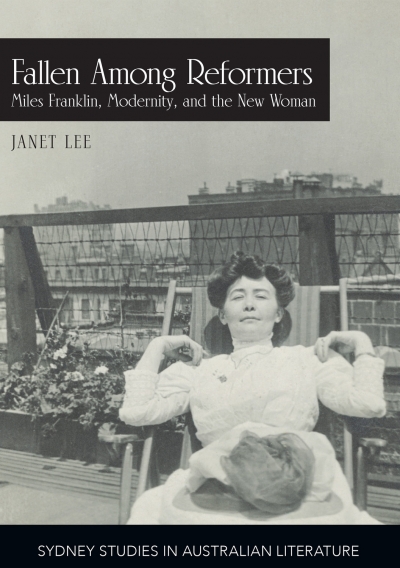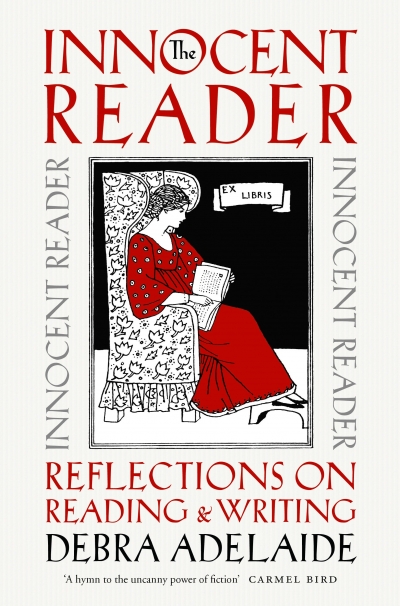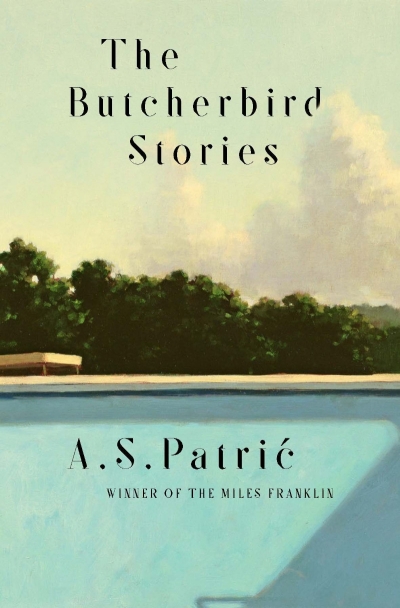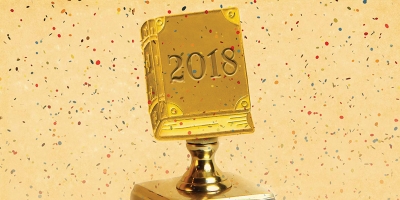Susan Sheridan
Literary Lion Tamers: Book editors who made publishing history by Craig Munro
by Susan Sheridan •
Fallen Among Reformers: Miles Franklin, modernity and the New Woman by Janet Lee
by Susan Sheridan •
The Innocent Reader by Debra Adelaide & Wild About Books by Michael Wilding
by Susan Sheridan •
To celebrate the best books of 2018, Australian Book Review invited nearly forty contributors to nominate their favourite titles. Contributors include Michelle de Kretser
... (read more)Elizabeth Harrower: Critical essays by Elizabeth McMahon and Brigitta Olubas
by Susan Sheridan •
To celebrate the best books of 2017 Australian Book Review invited nearly forty contributors to nominate their favourite titles. Contributors include Michelle de Kretser, Susan Wyndham, James Ley, Geordie Williamson, Jane Sullivan, Tom Griffiths, Mark Edele, and Brenda Niall.
... (read more)








